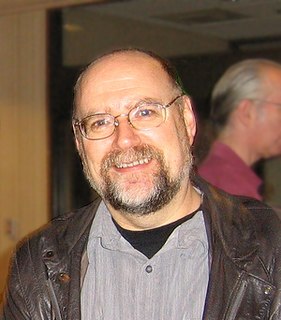A Quote by William Gilmore Simms
Related Quotes
The evil genius of terrorism is that that maximizes unfamiliarity, imaginability, suffering, scale of destruction, unfairness. It's really important to understand why terrorism is so frightening because it is a psychological war and until you understand it and try to reduce the dread, until then you become like a force multiplier for the terrorists inadvertently because you'll tend to overreact to terrorist attacks because the dread factor is so high.
I don't have a very high opinion, actually, of the world of criticism - or the practice of criticism. I think I admire art criticism, criticism of painting and sculpture, far more than I do that of say films and books, literary or film criticism. But I don't much like the practice. I think there are an awful lot of bad people in it.
The greatest dread of ordinary man is death, with its rude imposition interrupting fortuitous plans and fondest attachments with an unknown and unwelcome change. The yogi is a conqueror of the grief associated with death. By control of mind and life force and the development of wisdom, he makes friends with the change of consciousness called death-he becomes familiar with the state of inner calmness and aloofness from identification with the mortal body.






































